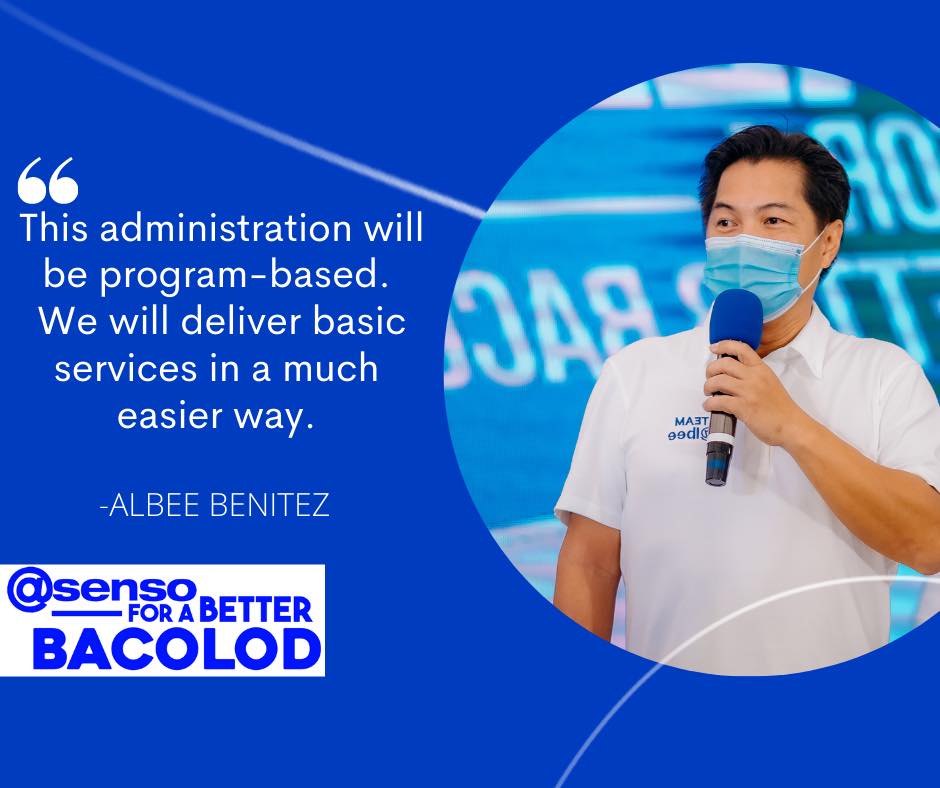Federalism shift via Con-Ass pushed

Published January 5, 2018, 12:10 AM
By Charissa Luci-Atienza and Ellson Quismorio
House leaders are one with Speaker Pantaleon Alvarez in pushing for federalism to fast-track the passage of the Duterte administration’s pro-people projects; and the best way of going about Charter change (Cha-cha), according to one legislator, is through a Constituent Assembly or Con-Ass.
Deputy Speaker and Batangas Rep. Raneo Abu and Eastern Samar Rep. Ben Evardone agreed with Alvarez that the snail-paced approval of significant legislation can be addressed through a shift to a federal form of government.
For his part, Davao City 1st District Rep. Karlo Nograles insisted yesterday that the best way of revising the 1987 Philippine Constitution in order to achieve the goal of shifting to federal system of government is through a Con-Ass.
“The Con-Ass is designed to maximize the output of legislators while focusing on a specific goal, which is to federalize the government,” said Nograles, who chairs the powerful House Appropriations Committee.
Both President Duterte and Speaker Alvarez have favored the Con-Ass method for Cha-cha, which has to be done as a means to implement federalism.
Nograles concurs, calling Con-Ass the most cost-efficient and practical method especially when compared to the rather expensive Constitutional Convention (Con-Con) method.
A Con-Con, which involves the election of delegates from all districts in the country, is expected to cost the government around P7 billion
“Con-Con delegates will need to have their respective staff, which of course will have their own salary. The government will have to acquire a building for them so they could perform their task, which is to dissect the existing Constitution for the necessary changes,” Nograles noted.
Under Con-Ass, it’s the sitting lawmakers themselves – congressmen and senators – who will serve as the delegates.
“This will save the government millions of pesos since we no longer need to elect delegates for the task of amending the Charter. And since we lawmakers have fixed terms, we will have a definite time period to finish the job,” Nograles said.
Speedier process
Like Nograles, Abu and Evardone believe federalism is needed to fasttrack the passage of significant bills as well as the implementation of the government’s pro-people projects and initiatives.
“We support federalism to fast-track the process of lawmaking and expedite the implementation of government programs and projects for the benefit of Filipino people,” Abu, a member of Nacionalista Party (NP) allied with House supermajority-led PDP-Laban, said.
Evardone, chairman of the House Committee on Banks and Financial Intermediaries and a member of the ruling PDP-Laban, said he would support federalism if it is the key to countryside development and the attainment of peace in Mindanao.
“Under federalism, bills and other issues will also be acted immediately because of the regional assembly. The national legislative assembly will just focus on national concerns like foreign relations, national security, among others,” he said.
For their part, Negros Occidental Rep. Albee Benitez and Surigao del Sur Rep. Johnny Pimentel said it is easier to pass bills if there is unicameral legislative system.
“Senate is a duplication of legislative work of the House, causing delay and wasting resources,” Benitez, chairman of the House Committee on Housing and Urban Development said.
Pimentel, chairman of the House Committee on Good Government and Public Accountability and a member of the ruling PDP-Laban observed that the House passed so many bills in the 17th Congress which are not acted upon by the Senate, which include the death penalty bill.
“Even the death penalty bill was passed several months ago but until now no action has been taken by the Senate. I fully support the stand of Speaker Alvarez,” he said.
“It would be easier to pass bills if we have a unicameral legislative system,” Pimentel pointed out.
Alvarez earlier said federalism is needed to make lawmaking more effective as many bills approved by the Lower Chamber are languishing in the Senate.
Quezon City Rep. Winston “Winnie” Castelo, chairman of the House Committee on Metro Manila Development and a member of PDP-Laban said federalism will expedite the legislative agenda of the President.
“It will fulfill further the campaign promises of the administration. This will be the culmination of the message of the President which is change to key to keep the country moving,” he said.
Alvarez earlier vowed to talk to Senate President Aquilino “Koko” Pimentel III to initiate the process of convening the Senate and the House into a Constituent Assembly and prepare a new constitution that would install a federal form of government as soon as Congress resumes its session on January 15.
Senators differ
Despite these pronouncements from the House, senators are not inclined to approve within a few months’ time any amendment to the 1987 Constitution.
Senate President Pro-Tempore Ralph Recto said yesterday that it “will be very difficult” to work on the proposed Charter change in a few months
“For starters I have not read any details on federalism, etc.,” Recto noted, adding that he expects that the 2019 mid-term polls will push through.
Majority Floor Leader Vicente Sotto III, for his part, dismissed as “nonsense” the supposed no-election situation in 2019 due to the looming shift to federalism.
“Wala, walang kwentang usapan yan (It’s nonsense to discuss about). It’s up in the air. Lahat yan puro ideya lang ng kung sino-sino (These are just pure ideas from people),” he said in a radio interview.
Senator Sherwin Gatchalian, in a separated interview, said the Upper Chamber has yet to talk about their timetable for the deliberations on federalism.
“Federalism is still a very broad and very vague concept,” he said.
Meanwhile, Pimentel brushed off the claims of opposition Sen. Francis Pangilinan that there were rumors that Congress, among others, will push for a 10-year extension of President Duterte’s term amid the proposed charter change.
“Busy ako, sayang lang oras (I’m busy, it’s a waste of time),” he told reporters in a text message.
But Sen. Panfilo M. Lacson, an ally of the Duterte administration, has a positive view on proposals to amend the 31-year Charter.
“The opposition need not invent the best antidote to Charter change. No less than two the two leaders of both Houses of Congress have started campaigning against it, albeit subliminally,” Lacson said.
“Floating No-El and term extension scenario, as recent history would suggest, won’t help their advocacy to shift to a federal form of government, inevitably via an amendment of the Constitution,” he added.
The House of Representatives began last December 13 the plenary debates on the convening of the 17th Congress as a Con-Ass under House Concurrent Resolution 9. However, Congress went on holiday recess shortly after.
Congress will resume sessions on January 15. (With reports from Vanne Elaine
P. Terrazola and Mario B. Casayuran)
Related Stories:
@senso for A BETTER BACOLOD
Ang isa sa akon mga handom para sa Bacolod.


Ako ang kapitan sg sini nga barko. Indi ini magkadto sa wala ukon sa tuo, kundi derecho sa direksyon sang pagbag-o sang gobyerno para sa kaayuhan sang Bacolodnon.


